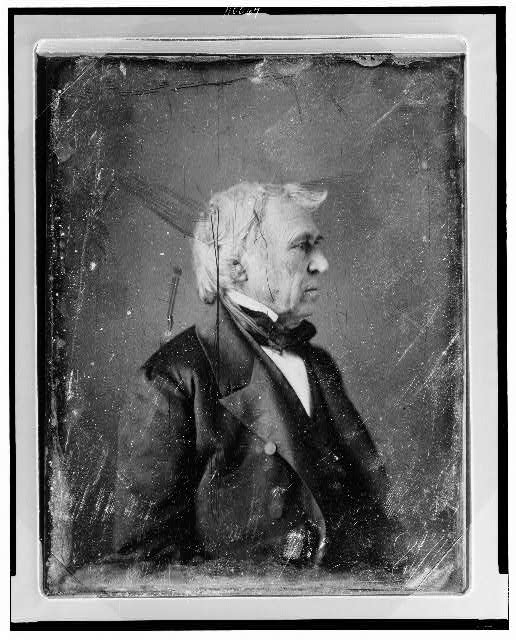In American history, few issues have been as contentious and enduring as the debate over states’ rights versus federal authority. This ideological tug-of-war has shaped the nation’s political landscape since its inception, with each era and administration offering unique perspectives and approaches. Among the presidents who grappled with this issue, Zachary Taylor stands as a figure whose views reflected the complexities and tensions of his time.
Zachary Taylor, the 12th President of the United States, assumed office in 1849 amid a nation deeply divided over questions of sovereignty and power. Born into a prominent Virginia family in 1784, Taylor’s early life was marked by a career in the military, where he distinguished himself as a skilled tactician and leader. It was his military background that shaped much of his perspective on governance and authority.
Taylor’s views on states’ rights were deeply rooted in his experiences on the battlefield. Having served in various conflicts, including the War of 1812 and the Mexican-American War, he witnessed firsthand the importance of unity and centralized command in times of crisis. This perspective informed his belief in a strong federal government capable of preserving the Union and maintaining order.
However, Taylor’s commitment to federal authority was tempered by his respect for the principles of states’ rights. He understood the historical significance of states as laboratories of democracy, where local governments could address the unique needs and interests of their constituents. This appreciation for state sovereignty was evident in his approach to governance, particularly in matters pertaining to internal improvements and economic policies.
During his presidency, Taylor faced numerous challenges that tested his views on states’ rights and federal authority. One of the most pressing issues was the debate over slavery and its expansion into the newly acquired territories from the Mexican-American War. As tensions mounted between the North and South, Taylor sought to navigate a middle ground, advocating for the admission of California as a free state while also preserving the delicate balance between slave and free states.
Taylor’s stance on slavery and territorial expansion reflected his commitment to preserving the Union above all else. While he personally opposed the institution of slavery, he recognized the constitutional rights of states to determine their own laws and customs. This nuanced approach earned him praise from some quarters but also criticism from both abolitionists and pro-slavery factions.
Another area where Taylor’s views on federal authority were tested was in his handling of the Texas boundary dispute. Texas had claimed a vast swath of territory extending into present-day New Mexico, sparking tensions with the federal government and neighboring states. Taylor’s decision to send troops to the disputed region was seen as a bold assertion of federal authority, but it also raised concerns about executive overreach and the limits of presidential power.
Throughout his presidency, Taylor remained committed to the principles of unity and compromise, even as the nation teetered on the brink of division. His efforts to bridge the gap between North and South were cut short, however, by his untimely death in 1850. His successor, Millard Fillmore, would ultimately sign into law the Compromise of 1850, a series of legislative measures aimed at resolving the sectional crisis.
In assessing Taylor’s legacy on the question of states’ rights versus federal authority, historians have offered varied interpretations. Some view him as a pragmatic leader who sought to strike a balance between competing interests, while others criticize him for failing to take a more decisive stance on key issues. Regardless of where one stands, Taylor’s presidency serves as a reminder of the complexities and challenges inherent in governing a diverse and divided nation.
Zachary Taylor’s views on states’ rights versus federal authority were shaped by his experiences as a military leader and his commitment to preserving the Union. While he advocated for a strong federal government capable of maintaining order and unity, he also recognized the importance of state sovereignty and local autonomy. His presidency, though brief, offers valuable insights into the enduring debate over the proper balance of power in American governance.
